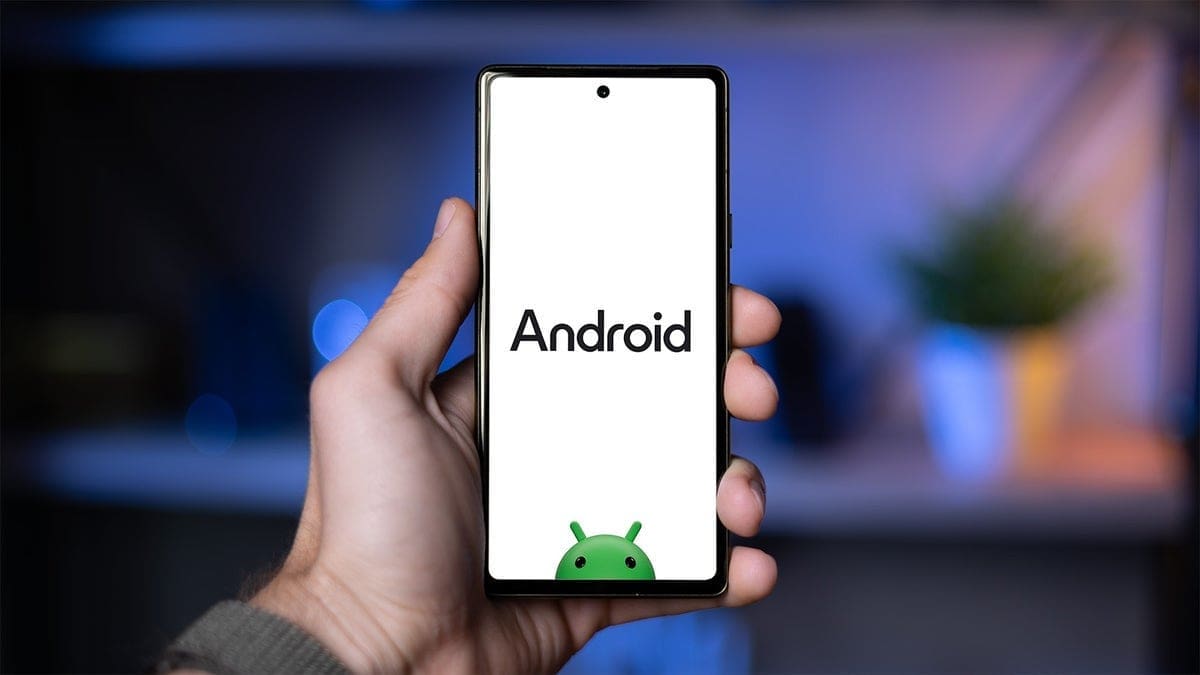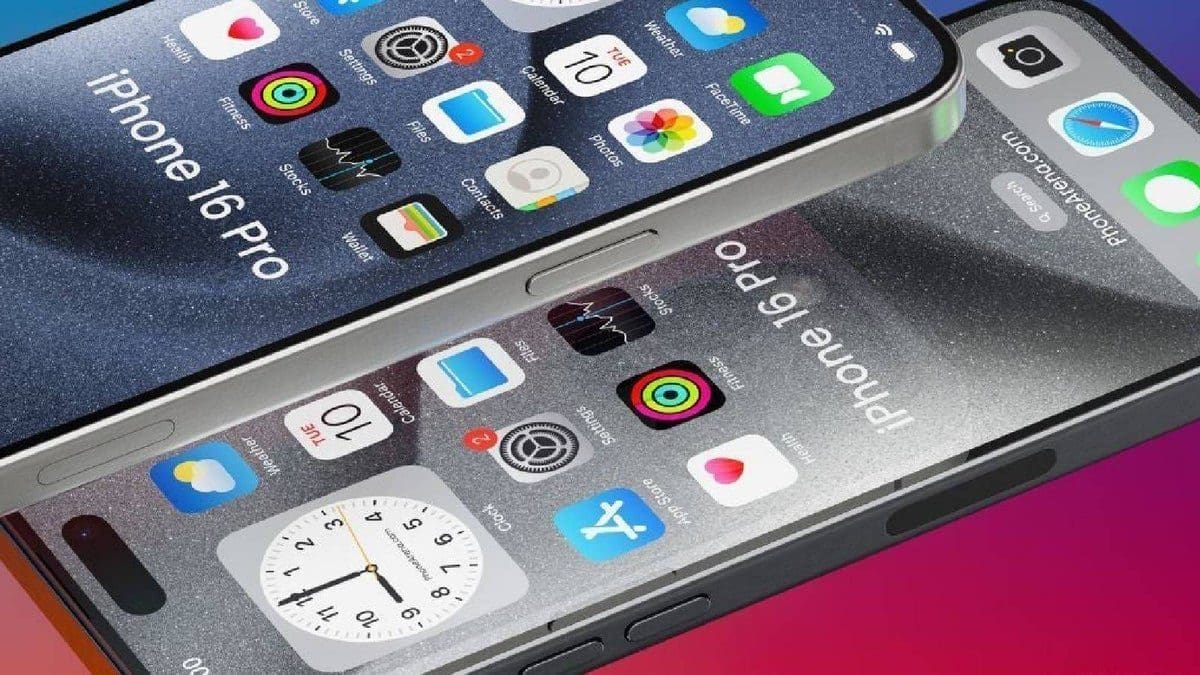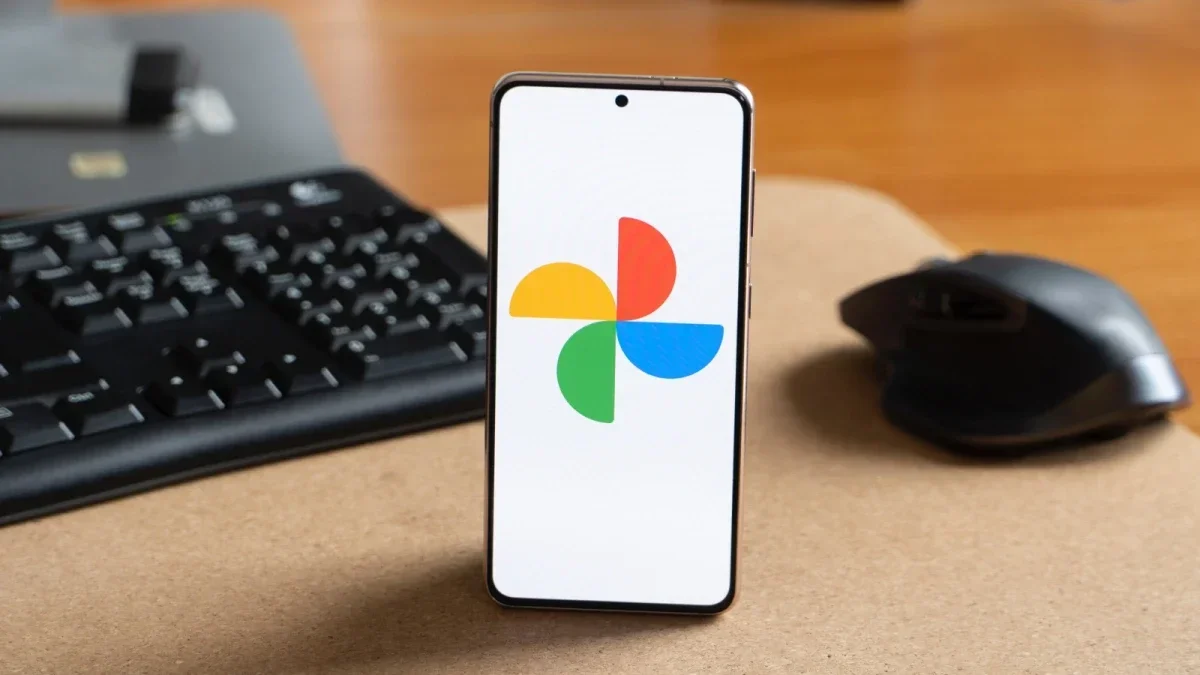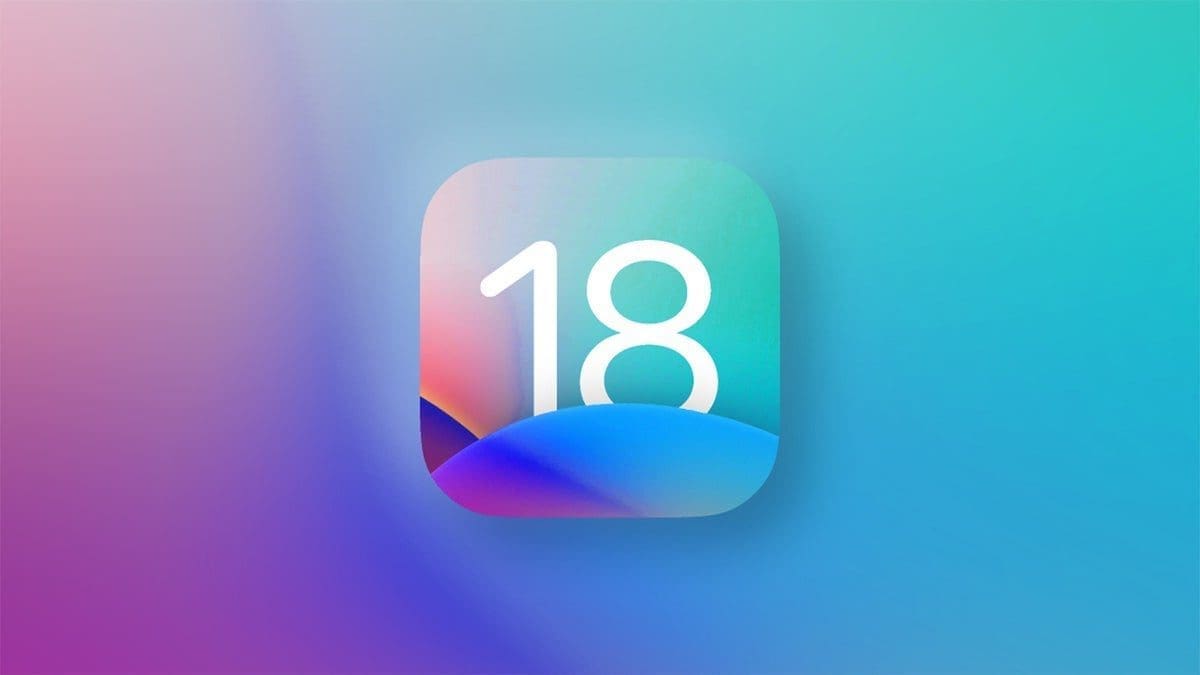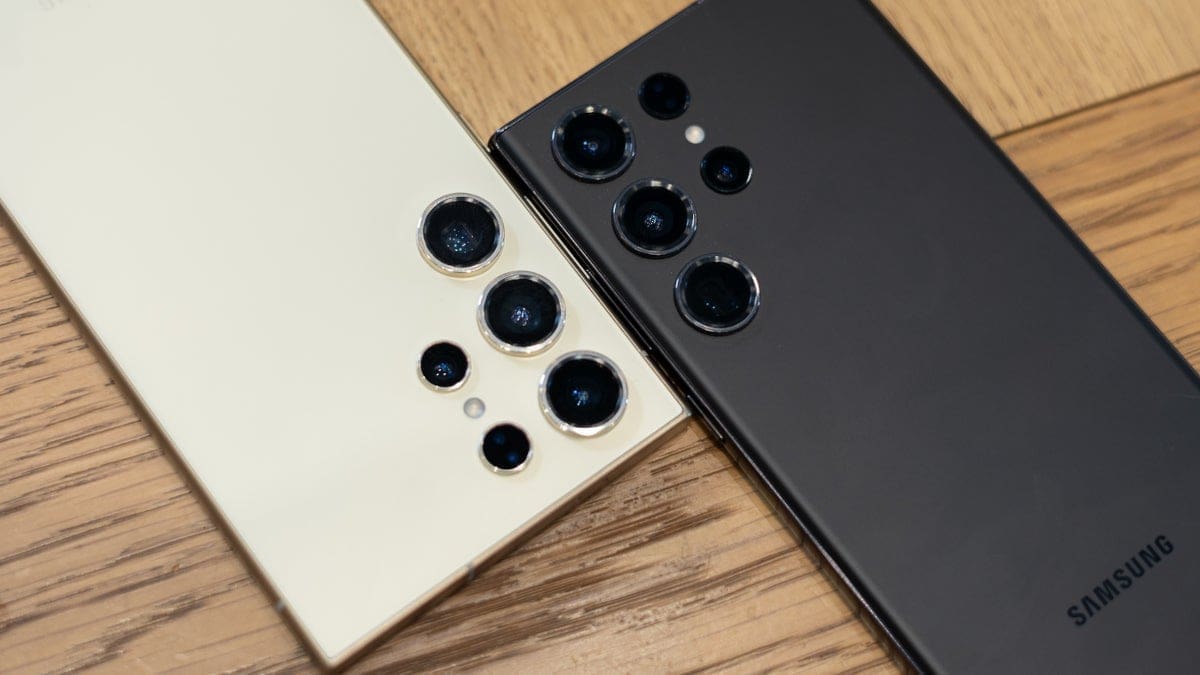Android Lollipop, introduced in June 2014 at Google I/O, was a significant version of the Android operating system. Remembered for its “dessert name,” this OS marked the fifth major version and included Android 5.0 and Android 5.1.1. The Nexus 6 by Motorola was the first phone to come with Lollipop pre-installed.
Recently, Google announced that it will no longer support Android Lollipop devices, as they account for less than 1% of active Android users. This move allows Google to focus on more current versions of the OS that can support today’s features and hardware improvements.
What does this mean for users still running Android Lollipop? Here are some key points to consider:
– Your device will continue to function normally.
– However, you should not expect any further security updates or new features.
– Some Google apps that rely on Google services may no longer be compatible.
It’s worth noting that last year, Google ended support for Android KitKat (4.4). Currently, Google Play services are supported on devices running Android Marshmallow (6.0) or higher.
Google emphasized the importance of upgrading to newer versions of Android for the latest features and security enhancements. With the recent release of Android 14 and ongoing beta testing for Android 15, it’s clear that the tech giant is continually improving its operating system.
While we no longer see dessert names being used by Google to identify new versions of Android, it’s interesting to know that Android 14 is known as Upside Down Cake and Android 15 as Vanilla Ice Cream.
In conclusion, staying up-to-date with the latest OS versions ensures you have access to new features and enhanced security measures. Consider upgrading your device to a newer version of Android for a better user experience and peace of mind regarding your device’s security.

